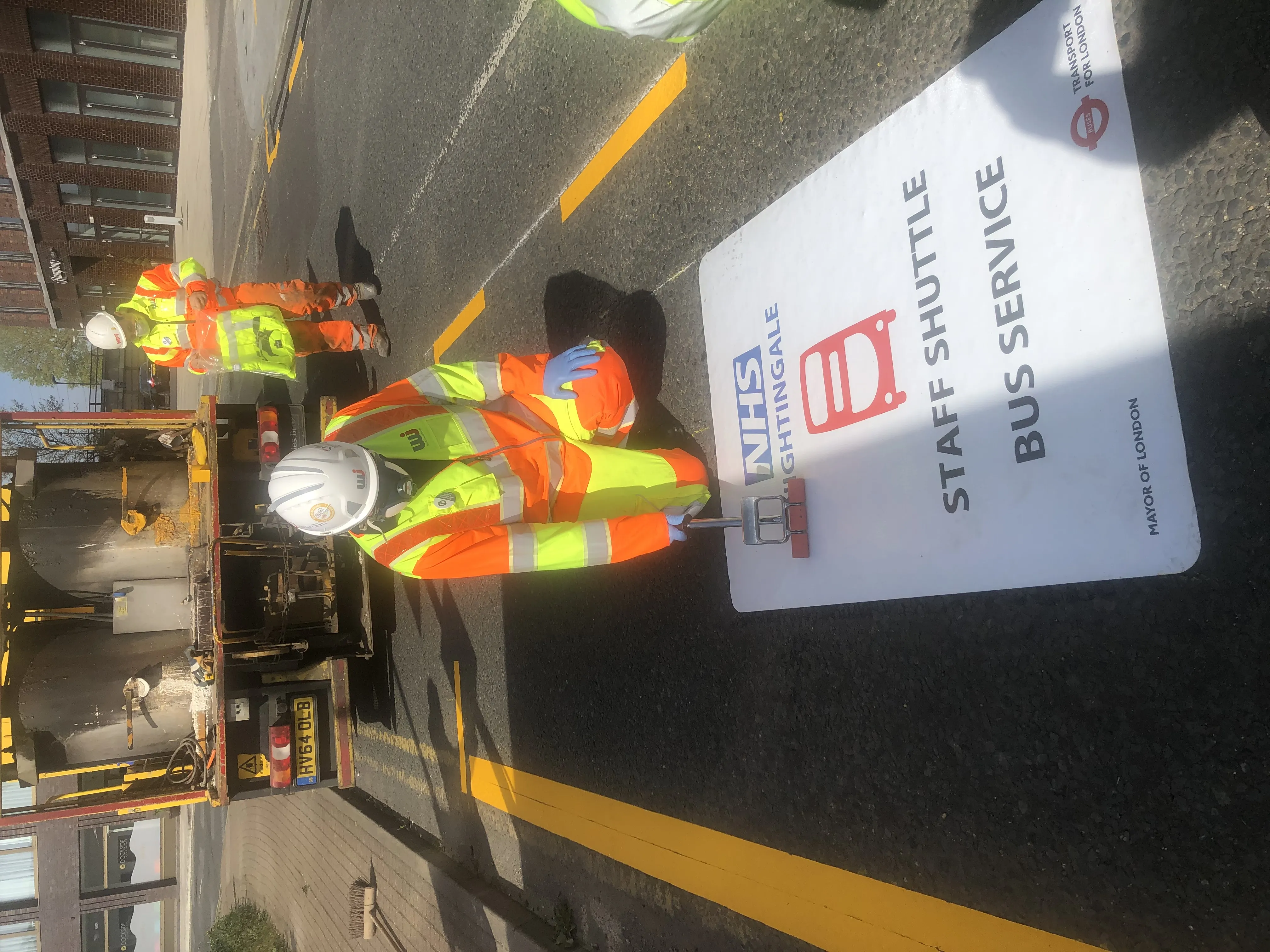ViaTherm Viking is a thermoplastic road marking material specially developed for application during early spring and late autumn, when there tends to be moisture on the roads. It has special adhesion properties, high functional performance and long durability.
Applied like the company’s other bulk thermoplastic road marking materials, Geveko says the special formulation of ViaTherm Viking makes its adhesion to the road stronger over time, even if the initial adhesion is affected by moisture. As a result, the material can be applied even when there is light moisture on the asphalt. (The company says 'moist' as when there is no free-flowing water on top of the surface or in the surface pores.)
ViaTherm Viking has been tested on Nordic road trials in Sweden and Denmark, producing good results for adhesion and functional performance. In real life, the material has been successfully applied for more than four years in the Nordic region.
ViaTherm Viking extends marking season
Geveko Markings has addressed the situation in which road authorities or other road marking clients are asking for roads to be marked when the roads are too moist or wet. With the company’s ViaTherm Viking, the application window for bulk thermoplastic is increased and the application season is prolonged.
ViaTherm Viking is a thermoplastic road marking material specially developed for application during early spring and late autumn, when there tends to be moisture on the roads. It has special adhesion
February 16, 2018
Read time: 2 mins









